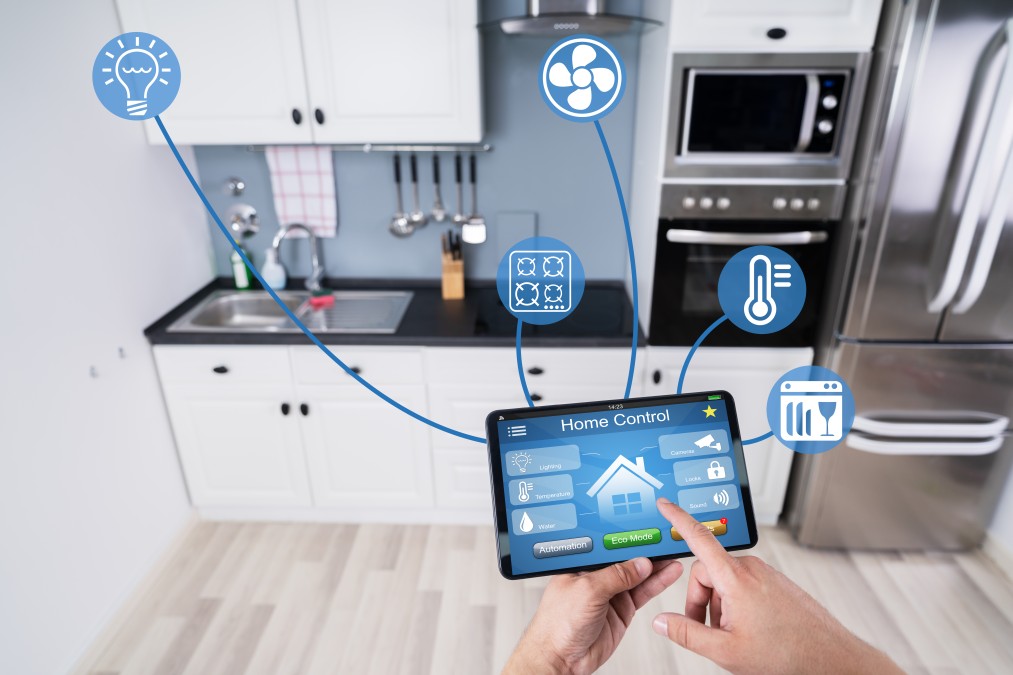In today's rapidly evolving technological landscape, AI powered caregiving assistants are emerging as a game-changer for both homeowners and businesses. These advanced systems are not just a glimpse into the future; they are a present-day reality that is transforming how care is delivered and managed. From enhancing personal care at home to optimizing operations within businesses, these AI-driven solutions are reshaping the caregiving paradigm.
As the world continues to embrace automation and artificial intelligence, the integration of AI powered caregiving assistants into our daily lives is becoming increasingly seamless. Both homeowners and businesses are starting to realize the immense potential these systems hold in providing efficient, reliable, and personalized care. But what exactly are AI powered caregiving assistants, and how are they changing the caregiving landscape?

Understanding AI Powered Caregiving Assistants
At their core, AI powered caregiving assistants are intelligent systems designed to assist with a variety of caregiving tasks. These systems leverage cutting-edge technologies such as machine learning, natural language processing, and computer vision to perform tasks that traditionally required human intervention. Whether it's monitoring vital signs, reminding individuals to take their medications, or even engaging in conversation, these assistants are equipped to handle a diverse range of caregiving needs.
For homeowners, these systems offer peace of mind by ensuring that their loved ones are well taken care of, even when they're not physically present. For businesses, particularly those in the healthcare and hospitality sectors, AI powered caregiving assistants help streamline operations, reduce costs, and improve customer satisfaction.
Benefits for Homeowners
One of the most significant benefits of AI powered caregiving assistants is their ability to provide 24/7 monitoring and support. This is particularly beneficial for families with elderly members or individuals with special needs. These systems can detect anomalies in behavior or health metrics and alert caregivers or medical professionals in real-time, ensuring timely intervention.
Moreover, AI assistants can offer companionship to those living alone, reducing feelings of loneliness and isolation. By engaging in meaningful conversations and providing cognitive stimulation, these assistants can significantly improve the quality of life for their users. For more on enhancing home care with smart technology, check out this guide on smart homes.
Impact on Businesses
For businesses, particularly in the caregiving and hospitality industries, integrating AI powered caregiving assistants can lead to enhanced efficiency and cost savings. These systems can handle routine tasks such as scheduling, customer interactions, and data management, allowing human staff to focus on more complex and emotionally nuanced tasks.
In healthcare settings, AI assistants can assist in patient monitoring, record keeping, and even preliminary diagnostics, thus reducing the workload on medical staff and improving patient outcomes. Businesses can also use these systems to gain valuable insights into customer behavior and preferences, enabling them to tailor services and improve overall satisfaction. Learn more about using smart speakers for care.
Challenges and Considerations
While the advantages of AI powered caregiving assistants are numerous, there are also challenges to consider. One of the primary concerns is data privacy and security. With these systems collecting and analyzing vast amounts of personal data, ensuring robust security measures is crucial to prevent unauthorized access and breaches.
Additionally, there is the challenge of ensuring that these systems are accessible and easy to use for all individuals, regardless of their technological proficiency. User-friendly interfaces and comprehensive support are essential to maximize the benefits of AI-powered solutions.
The Future of AI in Caregiving
The future of caregiving is undoubtedly intertwined with the continued development and integration of AI technologies. As these systems become more sophisticated, we can expect them to take on even more complex tasks, further enhancing their utility for both homeowners and businesses. The potential for AI to improve care quality, reduce costs, and enhance the overall caregiving experience is immense.
As we look to the future, it's clear that AI powered caregiving assistants will play a pivotal role in shaping how care is delivered. For those considering integrating these systems into their homes or businesses, understanding the full scope of their capabilities and limitations is essential. For more insights into smart technology integration, visit this smart home installation guide.

FAQs
What tasks can AI powered caregiving assistants perform?
AI powered caregiving assistants can perform a wide range of tasks, including monitoring vital signs, reminding individuals to take medication, engaging in conversation, and assisting with daily routines.
Are AI powered caregiving assistants secure?
Security is a primary concern when it comes to AI systems. Many providers employ advanced security measures to protect user data, but it's essential for users to stay informed about potential risks and ensure their systems are regularly updated.
How can businesses benefit from AI powered caregiving assistants?
Businesses, particularly in the healthcare and hospitality sectors, can benefit from AI powered caregiving assistants by streamlining operations, reducing costs, and improving customer satisfaction through more personalized and efficient service delivery.

